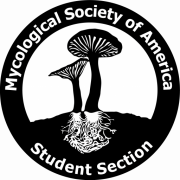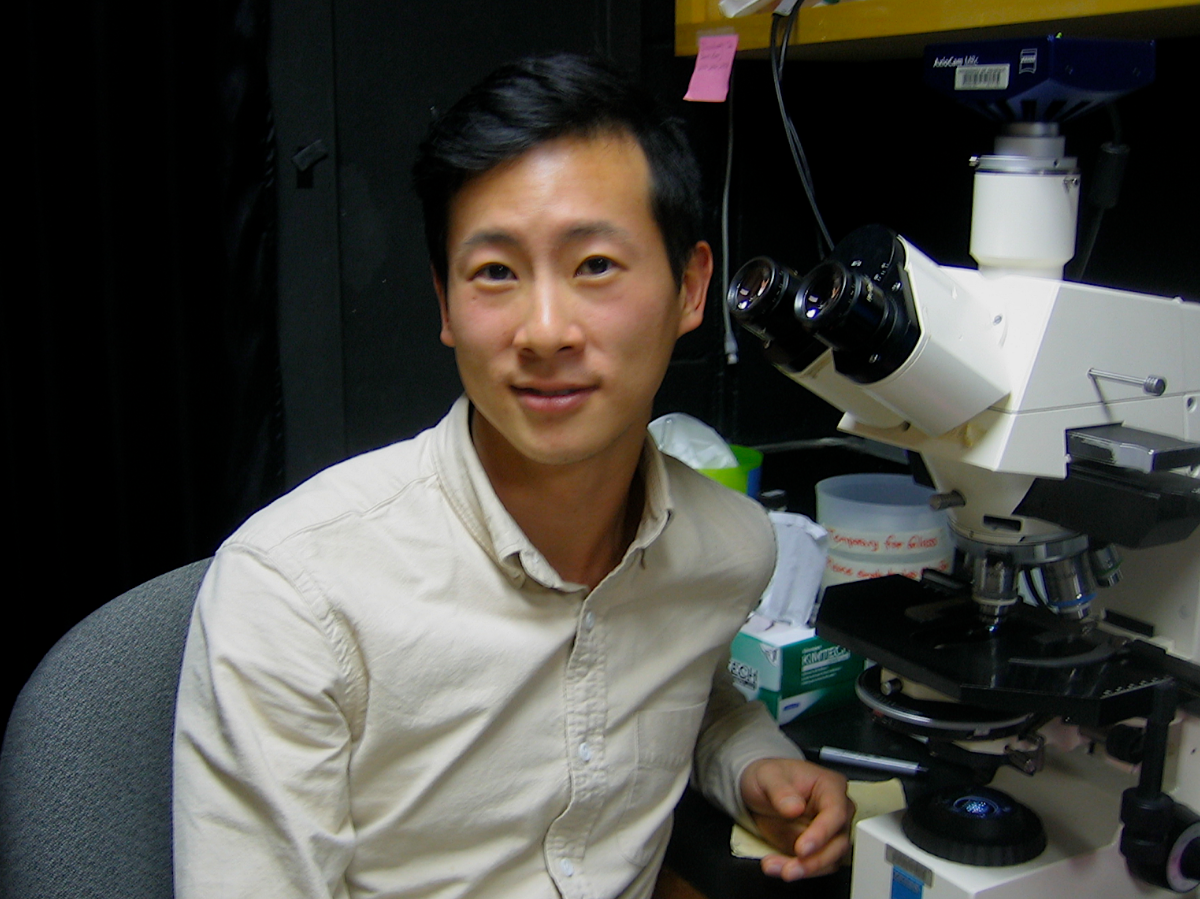
S. Earl Kang, Jr. is a PhD student at the University of Georgia and is originally from Southern California. He is currently working in the lab of Dr. Michelle Momany. His primary project is understanding conidial germination via transcriptomics based approach. Earl is interested in using the transcript expression profiles to develop diagnostic methods for assessing persistent Aspergillus infections. He is also studying environmental impact on evolution of azole resistance in Aspergillus fumigatus and the mechanisms contributing to azole resistance. Several years ago he received a Sustainability Award from the University of California San Diego, his undergraduate institution, for co-founding and being involved in an urban farm/community garden at UCSD (Roger’s Urban Farm aka Roger’s Community Garden & Neighborhood Community Garden). As Earl states, “Sustainable agriculture is very important to me. During my undergrad I spent a significant time learning about sustainable agriculture and exchanging ideas with other like minded folks. This eventually led to starting the farm and my foray into the sciences (my undergrad degree is in Business economics).”
What are your career goals?
I am applying for jobs at companies that use synthetic biology to create novel products for improving materials production, agriculture, and healthcare.
What is your favorite fungus and why?
Fistulina hepatica – beefsteak fungus.
I am amazed by the variety of metabolites fungi are able to produce. I find it amazing that this particular fungus produces metabolites and proteins which makes the fruiting body bleed red and look like raw meat. Even more incredible is that when you cook it, it smells just like steak.
If we are able to understand how F. hepatica orchestrates the production of these metabolites/proteins and recreate it in the lab we might be able to change how people view alternative protein sources and change our modern food system.
What is your favorite fact/thing about fungi?
I appreciate all the diverse biological processes fungi have evolved to survive and the rate of adaptation to the ever changing world. Fungi are a wonderful system to study evolution and indicators for how higher eukaryotes may need to learn to adapt to environmental changes in the future (or in space).
Who is your mycology role model?
All the mycologists who unlocked the secrets of fungi through observation without sequencing technology and fluorescent proteins. I really appreciate the knowledge we can still gain from observing old microscopy images to elucidate biological function.
Any great stories from fieldwork?
I like to consider myself as an excellent molecular biologist and strive to maintain a safe work environment. First time in the field looking for azole-resistant Aspergillus fumigatus I wore my personal protective equipment + my farming outfit. Our collaborators couldn’t stop laughing at me, but I assure you that there was no cross-contamination between sites!
What do you like to do in your free time? What are your hobbies?
Wait… grad students get free time? I enjoy creating edible landscapes; cooking and hosting pop-up dinners; discussing ideas, science, politics, and philosophy with friends; and exploring the outdoors with my dog. I spend a lot of time filling holes in my yard as a result of working on training my dog to sniff out pecan truffles and mushrooms.
Anything else we should know about you?
We live in a really exciting time where technology is allowing us to expedite scientific progress and add to the web of knowledge. Read broadly and expand the limits of your imagination!


Leave a Reply